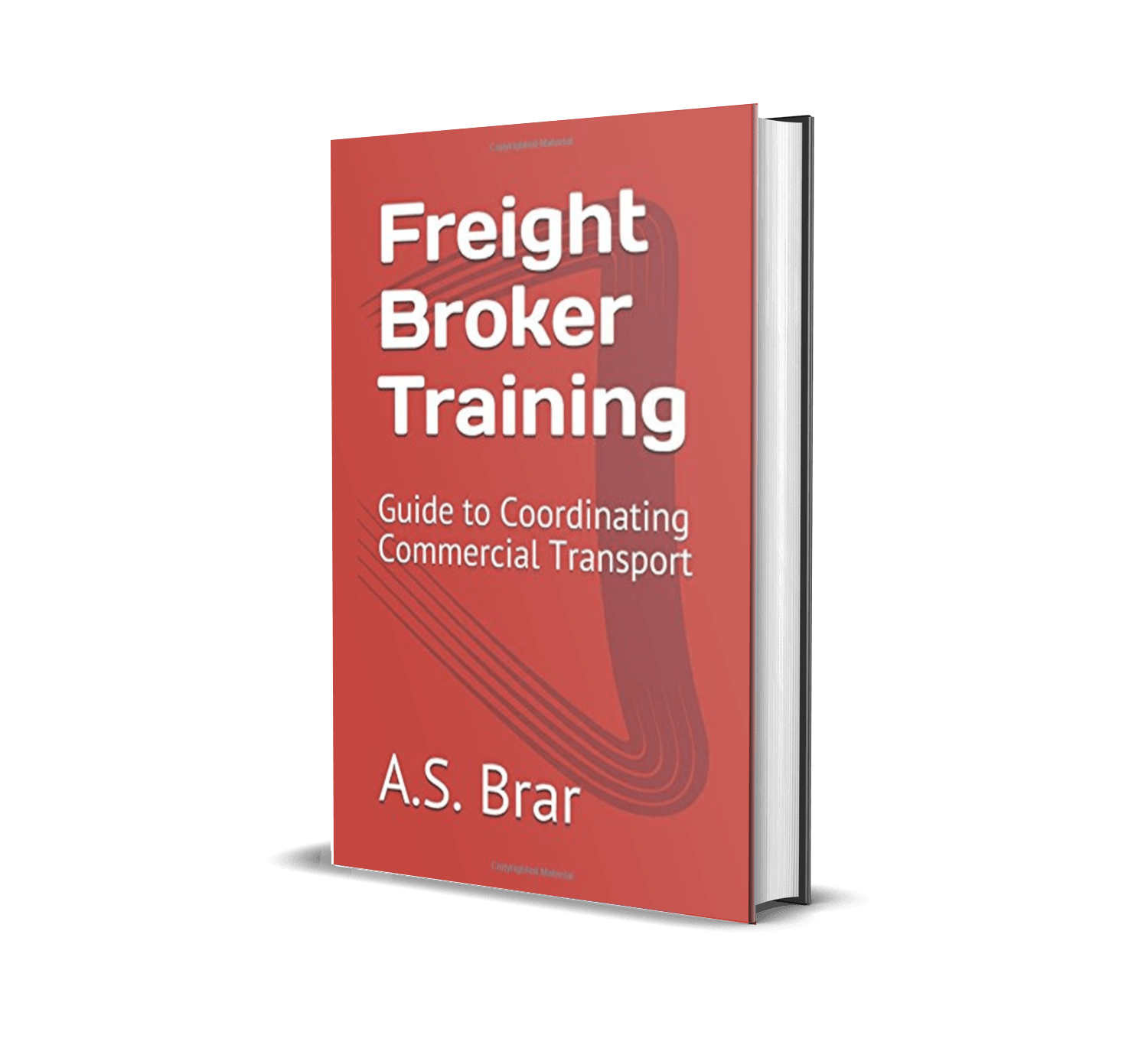There are many ways in which a trucking company valuation can be generated. A successful sale of a trucking company is determined by the preparation the seller has put into the listing of the firm. The company will ultimately be worth only what the acquirer is willing to pay for. In the following information, a valuation approach will be implemented that will consider the earnings and asset values of a trucking company. The two calculation methods that will be used are earnings before interest, taxes, depreciation, and amortization (EBITDA) and adjusted book value of tangible assets.
EBITDA
A common valuation structure is multiplying the earnings before interest, tax, depreciation, and amortization by 4.5X. Trucking companies will often trade at higher multiples of their EBITDA, but the actual sale of the business will be based on a lower EBITDA multiple. For example, TransForce was able to acquire XPO logistics at a 4.9X EBITDA multiple. Therefore, to understand what multiples do trucking companies sell for, one must first calculate the EBITDA then multiply it by 4-5X to get the valuation price.
If a firm has an operating income (revenue-expenses) of $2500USD per truck per month, their annual EBITDA is $30,000 per vehicle. A fleet of 10 vehicles generates $300,000 annually. Subtracting the costs of 10 trailer units, 2 employees, office space rental, and other expenses not directly related to the profitability of a truck, the total estimated EBITDA equals $215,000USD/yr. As a result, the current valuation based on a multiple of 4.5X is $967,000.
Value of Assets
The value of assets is important to trucking companies. The calculation method most commonly used in valuing a company based on its assets is adjusted book value. To determine adjusted book value of 10 fleet tractors and 10 trailer units, assume the declared value of each equipment, subtract the liabilities (debt owing), and then calculate the fair market value of the equipment based on its selling potential. Fair market value – liability value = adjusted book value. Therefore, if the tractors are worth on average $30,000 each and trailer units are worth on average $15,000 each then the total adjusted book value of the equipment assets is $450,000.
Combining adjusted book value and EBITDA
Because trucking companies for the large part are hard asset based, recouping the value of the equipment in the sale of the business is important. A lot of emphases is placed on the spec’ing program of a trucking company because the method in which it acquires its equipment will influence whether it turns a profit or loss when the business is sold. Adjusted book value takes care of the depreciation aspect of EBITDA so this is advantageous to the buyer. While using both the adjusted book value and EBITDA in their full form may not prove for a successful sale, it is feasible to combine a percentage of each into the final valuation price.
How to Sell a Trucking Business
Not every trucking business is sellable. The degree of day-to-day involvement required by the purchaser will heavily influence their buying decision. In short, it must be self-sustaining. Informal business, lack of expertise by its fleet manager(s), and not enough streamlining of processes will diminish the selling proposition of the business. At most, 6 months should be the given time for the business to be listed for sale. The longer it stays listed, the less attractive it becomes to good, qualified buyers. Potential buyers include venture capital firms, larger existing logistics and freight transportation companies, and independent business people.
Risk is another factor that has a significant effect on the valuation. Risk is increased in a trucking business due to factors such as one or two customers make up a large portion of revenue, a key employee is necessary for the operation of the company, lack of sophisticated technology, and lack of accounting and human resources management strategies/processes.
Minimizing risks to the acquirer is one factor that will have a strong influence on the buyer’s willingness to purchase the business. Often it may take numerous months to a couple years to prepare a business for a merger or acquisition.
You may wish to consult with a professional advisor who specializes in the freight industry. KSM Transport Advisors and Dan Goodwill & Associates are two companies that provide advisory services to businesses engaged in the transportation of freight.




I want to sell my trucking company, I need some advice on how to price it and negotiate it, are there companies out there who can help me accomplish my goal and what is the usual fee on these type of transactions???
Hi Armando,
I would recommend looking for a valuation company to determine what price you should sell your business. SP&H Value was recommended to me when I sold my business. Their fees are standard in the industry and they did great work.
Thank you!